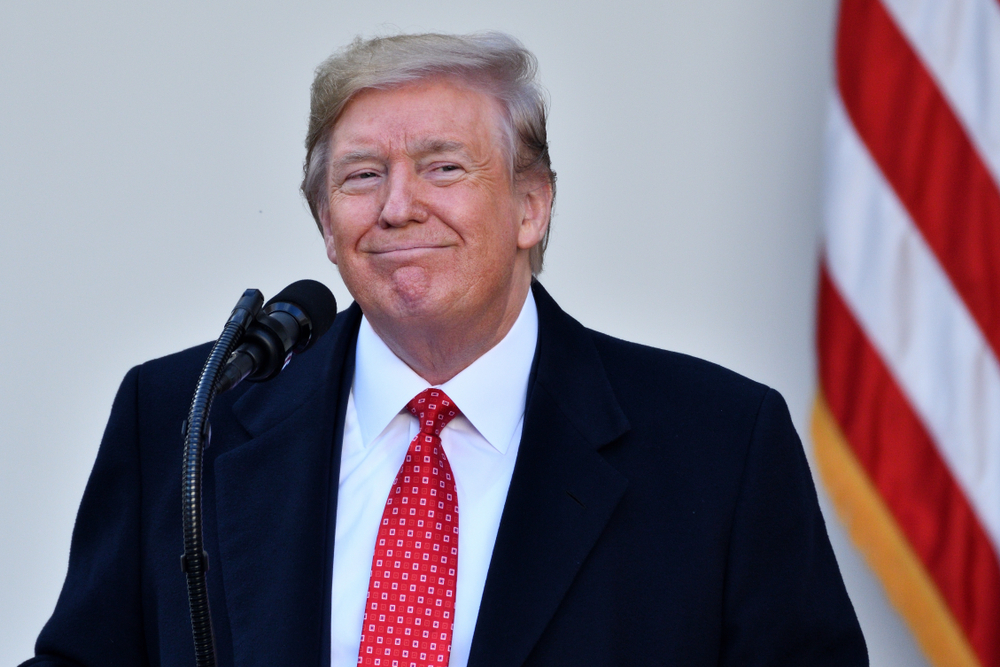In an effort to drastically cut federal spending, the Trump administration recently proposed cutting $9.4 billion from international aid and public broadcasting. Particularly among Republicans who are still unsure about their positions and are under tremendous pressure, these cuts have generated a heated debate. This action demonstrates the administration’s opposition to what it views as unjust media bias and unnecessary spending of public funds.
Cutting Public Broadcasting and International Aid
The administration’s proposal targets $1.1 billion in funding cuts for the Corporation for Public Broadcasting, affecting NPR and PBS. A significant $8.3 billion is aimed at the United States Agency for International Development (USAID) for what the administration describes as funding foreign programs contrary to American interests. This bold action intends to curb what the White House considers irresponsible federal spending.
The USAID Budget per year is $49.9 billion dollars.
If $9.4 billion in the rescission package cuts funding for all of this, then how much are they really cutting from the USAID out of that huge budget? https://t.co/9JNn47vtQ7
— Wendy Patterson (@wendyp4545) June 4, 2025
Supporters assert that public broadcasters and USAID have propagated “radical, woke propaganda” and “weaponized cultural indoctrination.” This move is part of a broader fiscal strategy to balance taxpayer funds and promote Republican-backed policies. The rescission process allows Congress to reverse discretionary funds without impacting mandatory programs, so proponents see this as a step toward financial responsibility.
Political Challenges in Congress
The rescission package requires Congress to act within 45 days, first heading to committees before a full vote. Republicans, including House Speaker Mike Johnson, support these cuts to reduce government spending, but previous efforts have failed. Fiscal conservatives argue this move is necessary to address government overreach and support conservative values.
Rep. David Schweikert didn't vote for Trump’s disastrous spending bill but said he supports it. The same guy who detailed that most cuts wouldn't cover more than seconds or hours of spending. Recall Elon Musk was to cut $2 trillion & only cut $9.4 billion.https://t.co/PceuoGHV1o https://t.co/vixUn2YSYp pic.twitter.com/gZyfOW4K2Z
— Fly Sistah 🪷 (@Fly_Sistah) June 4, 2025
The rescission only needs a simple majority in the Senate, bypassing the regular 60-vote threshold, making its success uncertain. While Sen. Rand Paul publicly supports the initiative, he acknowledges it won’t significantly reduce the national deficit. The proposal has drawn criticism for potentially undermining crucial community journalism and international humanitarian aid efforts.
Addressing the Impact and Alternatives
The administration argues the funds used by NPR, PBS, and USAID support leftist causes and deceptive journalism. Opponents fear negative repercussions on emergency broadcasts and overseas aid. Alternative funding for emergency broadcasting and local journalism is proposed, questioning the necessity of taxpayer support.
“spread radical, woke propaganda disguised as ‘news.'” – White House
Legislators are at a crucial juncture, facing lobbying from affected entities and weighing political consequences. These shifts reveal underlying tensions in public funding priorities, as the nation contemplates responsible fiscal management and media bias. The outcome remains to be determined, but the implications for public broadcasting and aid could reshape future funding landscapes.
Sources:
https://www.cbsnews.com/news/white-house-asks-congress-claw-back-funding-rescission-package/
https://www.devex.com/news/trump-s-9-4b-rescission-package-targets-woke-and-wasteful-aid-110233

